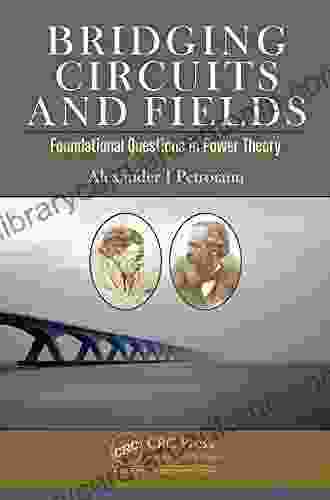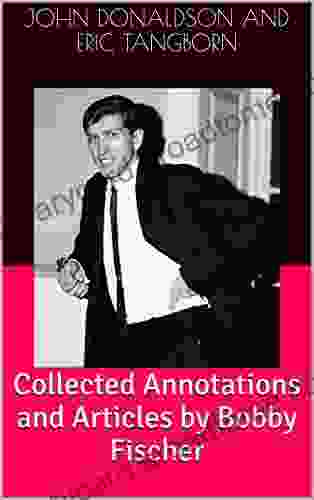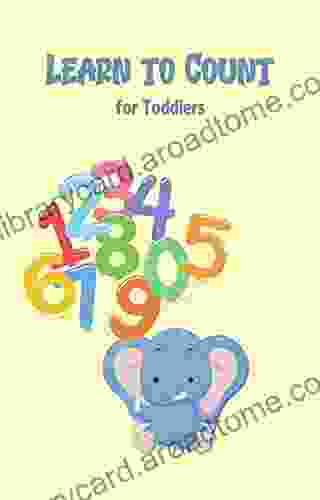Foundational Questions in Power Theory: A Comprehensive Guide

Power, an ever-present force in human interactions, has captivated the minds of philosophers, political scientists, sociologists, and organizational theorists for centuries. Understanding power dynamics is crucial for navigating the complexities of personal relationships, social hierarchies, and political structures. This comprehensive guide explores the foundational questions in power theory, providing insights into the nature, sources, and consequences of power.
Historical Perspectives on Power
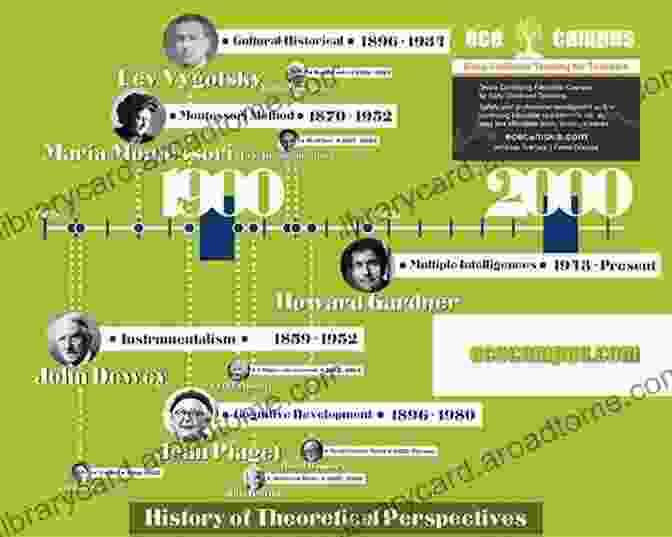
5 out of 5
| Language | : | English |
| File size | : | 4774 KB |
| Screen Reader | : | Supported |
| Print length | : | 174 pages |
Throughout history, different perspectives on power have emerged. Ancient Greek philosophers, such as Plato and Aristotle, viewed power as an inherent attribute of individuals. They argued that those with superior wisdom or political authority possessed a legitimate right to rule. In the 16th century, Niccolò Machiavelli challenged this notion, emphasizing the importance of deception and manipulation in acquiring and maintaining power.
The Enlightenment era brought a shift towards understanding power as a collective force that resides in the people. Jean-Jacques Rousseau argued that political power should be derived from the consent of the governed. In the 19th century, Karl Marx developed a theory of power based on the economic relationships within society. He viewed social power as a tool for class domination.
Key Ideas in Power Theory
- Power as Influence: Power is the ability to influence the behavior, thoughts, or actions of others.
- Power as Control: Power involves the capacity to control resources, decision-making, or access to opportunities.
- Power as a Social Relation: Power is not an inherent characteristic of individuals but rather a dynamic relationship that exists between people or groups.
- Power and Legitimacy: Legitimate power is based on the acceptance or recognition of those subject to it.
- Power and Conflict: Power struggles often arise when different individuals or groups compete for control over resources or decision-making.
Sources of Power
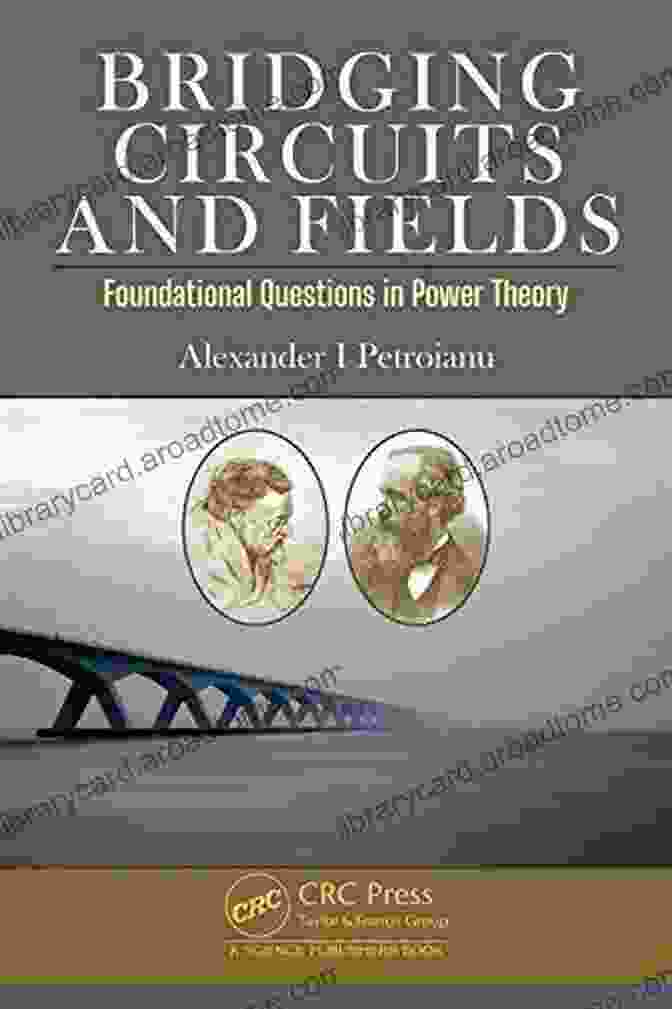
The ability to exert power can stem from various sources:
- Personal Power: Charisma, expertise, or social status can grant individuals personal influence over others.
- Positional Power: Authority derived from a formal position or role within an organization or society.
- Coercive Power: The use of threats or force to compel compliance.
- Reward Power: The ability to offer incentives or rewards to gain cooperation.
- Expert Power: Knowledge, skills, or specialized expertise that gives individuals influence over others.
Consequences of Power
Power can have significant consequences for individuals, organizations, and society as a whole:
- Empowerment: Power can enable individuals and groups to overcome obstacles, achieve goals, and make a positive impact on society.
- Oppression: Power can also be used to suppress or control others, leading to inequality and social injustice.
- Influence: Power can shape social and political outcomes by influencing decision-making and shaping public opinion.
- Conflict: Power struggles can lead to conflict and violence when different individuals or groups clash over control.
Contemporary Debates in Power Theory
Modern scholarship on power theory continues to evolve, with debates围绕以下问题:
- Gender and Power: The role of gender in shaping power dynamics and influencing access to power.
- Cultural Variations in Power: How cultural values and norms shape the understanding and use of power.
- Power in Interorganizational Relations: The dynamics of power between different organizations and their impact on decision-making and resource allocation.
- Global Power Structures: The distribution of power on a global scale and its implications for international relations.
- Power in the Digital Age: The rise of social media and technology and their impact on the exercise of power.
Foundational Questions in Power Theory provides a comprehensive exploration of the nature, sources, and consequences of power. Understanding these key concepts is essential for navigating the challenges and opportunities inherent in social relationships, political systems, and organizational structures. By developing a deeper understanding of power dynamics, we can empower ourselves to make informed decisions, work towards social justice, and create a more equitable and just society.
To delve further into the fascinating world of power theory, consider exploring the following resources:
- Foundational Questions in Power Theory by Steven Lukes
- The Handbook of Power: Theory and Research edited by Neal J. Smelser and Richard Swedberg
- The Power Elite by C. Wright Mills
5 out of 5
| Language | : | English |
| File size | : | 4774 KB |
| Screen Reader | : | Supported |
| Print length | : | 174 pages |
Do you want to contribute by writing guest posts on this blog?
Please contact us and send us a resume of previous articles that you have written.
 Book
Book Novel
Novel Page
Page Chapter
Chapter Text
Text Story
Story Genre
Genre Reader
Reader Library
Library Paperback
Paperback E-book
E-book Magazine
Magazine Newspaper
Newspaper Paragraph
Paragraph Sentence
Sentence Bookmark
Bookmark Shelf
Shelf Glossary
Glossary Bibliography
Bibliography Foreword
Foreword Preface
Preface Synopsis
Synopsis Annotation
Annotation Footnote
Footnote Manuscript
Manuscript Scroll
Scroll Codex
Codex Tome
Tome Bestseller
Bestseller Classics
Classics Library card
Library card Narrative
Narrative Biography
Biography Autobiography
Autobiography Memoir
Memoir Reference
Reference Encyclopedia
Encyclopedia Amal Ibrahim
Amal Ibrahim Joe Schwarcz
Joe Schwarcz Eric Lewald
Eric Lewald Amanda Stock
Amanda Stock Alex Wolf
Alex Wolf Thaisa Frank
Thaisa Frank Alejandro Parra Pinto
Alejandro Parra Pinto Alnoor Ebrahim
Alnoor Ebrahim Allen Taylor
Allen Taylor Keshra Sangwal
Keshra Sangwal Pieter J Mosterman
Pieter J Mosterman Roydn D Jones
Roydn D Jones Carlo Gualtieri
Carlo Gualtieri Jerald Finney
Jerald Finney Alison Oliver
Alison Oliver Alan R Carroll
Alan R Carroll Anne Marie Lewis
Anne Marie Lewis Amanda Whittaker
Amanda Whittaker Alison J Black
Alison J Black Marilyn Carnes
Marilyn Carnes
Light bulbAdvertise smarter! Our strategic ad space ensures maximum exposure. Reserve your spot today!

 Forrest BlairUnlock the Secrets of Musculoskeletal Diagnosis: Systematic Musculoskeletal...
Forrest BlairUnlock the Secrets of Musculoskeletal Diagnosis: Systematic Musculoskeletal... Emilio CoxFollow ·8.8k
Emilio CoxFollow ·8.8k Ike BellFollow ·16.2k
Ike BellFollow ·16.2k Braden WardFollow ·8.7k
Braden WardFollow ·8.7k Michael CrichtonFollow ·11.6k
Michael CrichtonFollow ·11.6k Jared PowellFollow ·17.5k
Jared PowellFollow ·17.5k John KeatsFollow ·8.6k
John KeatsFollow ·8.6k Jerome PowellFollow ·3k
Jerome PowellFollow ·3k Bruce SnyderFollow ·3.7k
Bruce SnyderFollow ·3.7k
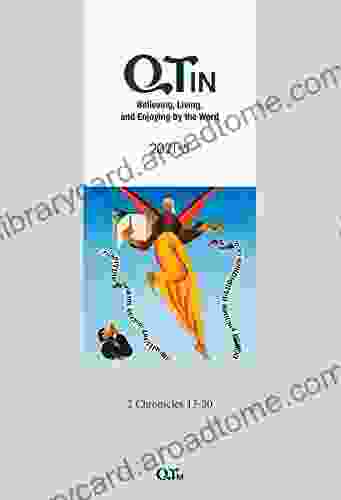
 Joshua Reed
Joshua ReedBelieving, Living, and Enjoying by the Word: Unlock the...
In a world filled with...
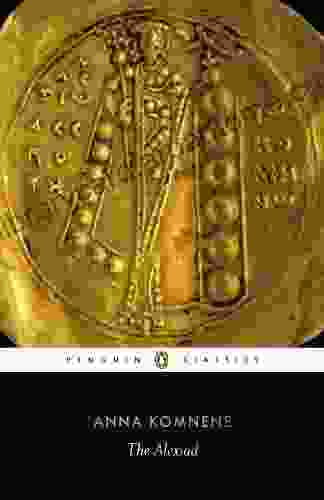
 Cason Cox
Cason CoxUnveil the Extraordinary World of "The Alexiad": A...
Delve into the Heart of Byzantine...

 Junot Díaz
Junot DíazUnveiling the Intricacies of Intellectual Property: Your...
In today's knowledge-driven economy,...
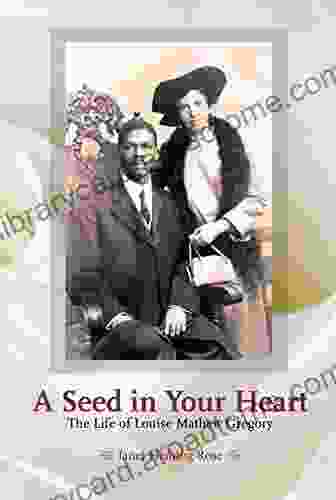
 Aleksandr Pushkin
Aleksandr PushkinThe Life of Louise Mathew Gregory: A Tapestry of Triumphs...
A Woman of Extraordinary Substance Louise...

 Leon Foster
Leon FosterHomemade Lotion For Beginners: Transform Your Skincare...
Step into the world of...
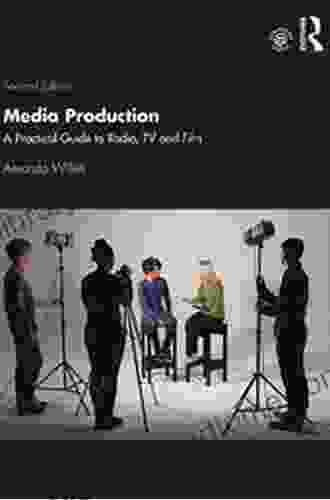
 Terence Nelson
Terence NelsonUnveiling the Secrets of Radio, Television, and Film: An...
: Embarking on a Journey into the...
5 out of 5
| Language | : | English |
| File size | : | 4774 KB |
| Screen Reader | : | Supported |
| Print length | : | 174 pages |


